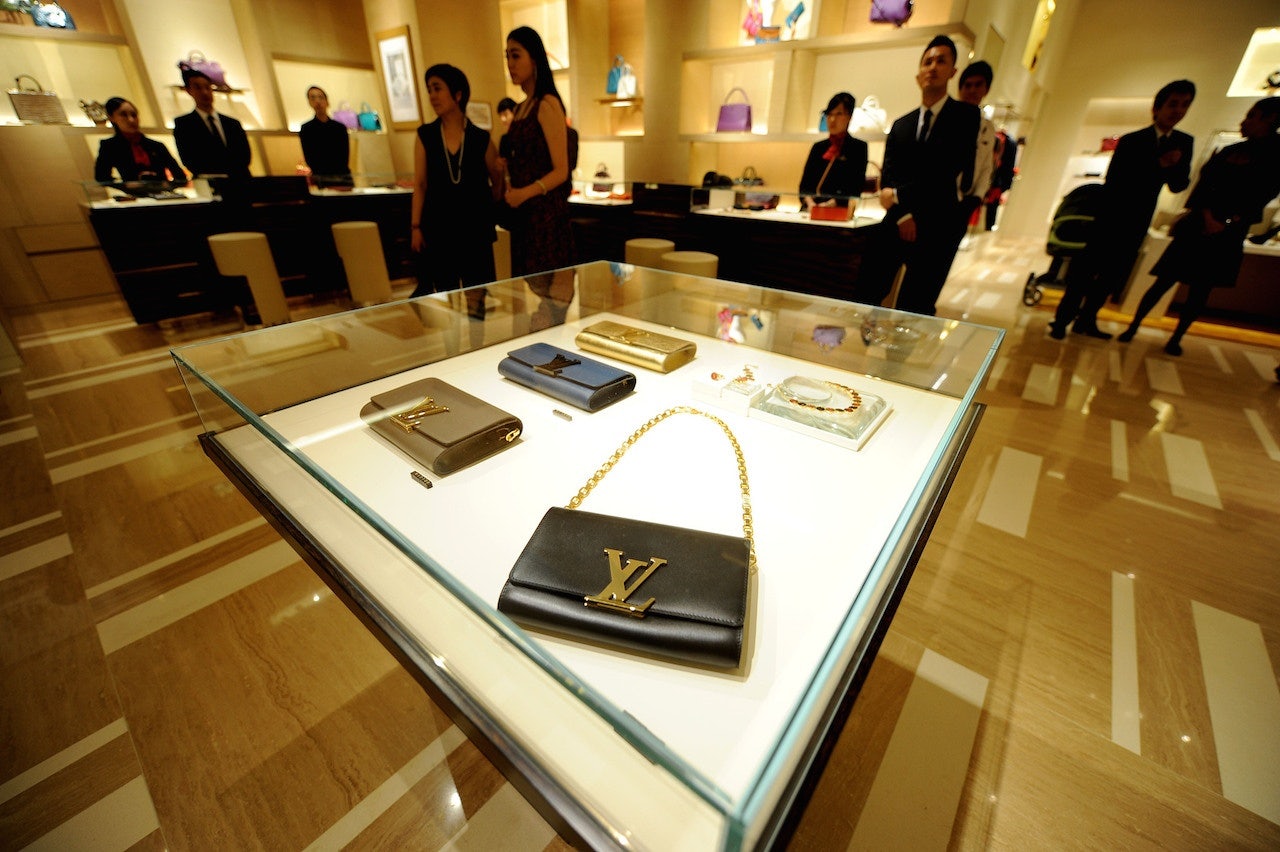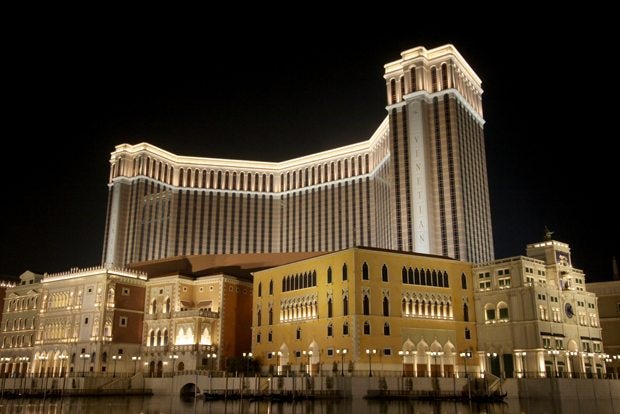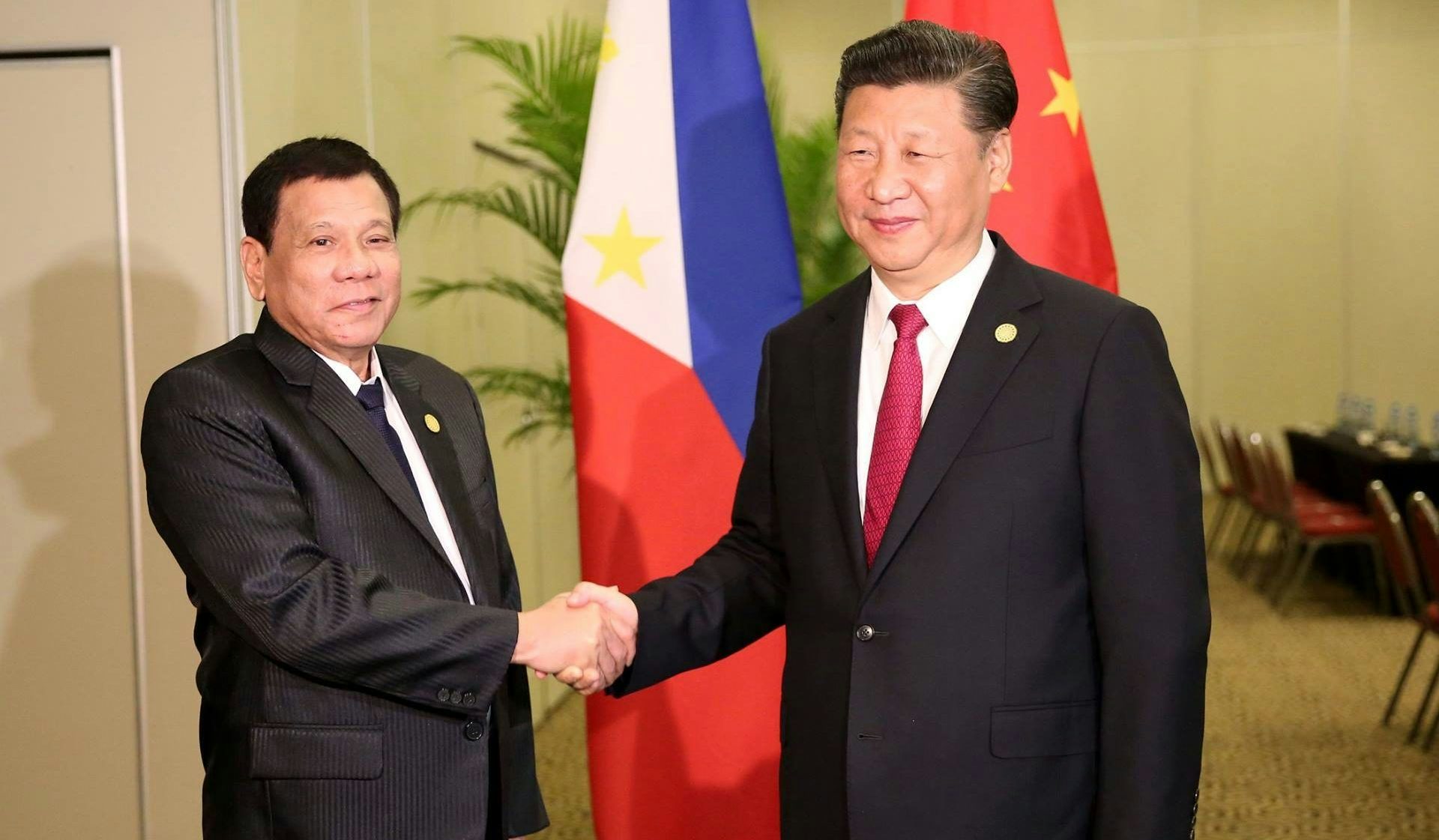Capital outflows have been under increasing scrutiny since Xi Jinping’s ascension to the presidency in 2012. On June 2, the Chinese State Administration of Foreign Exchange (SAFE) issued new regulations for overseas transactions with Chinese bank cards. Chinese banks are required to report foreign transactions with domestic bank cards, including cash withdrawals, exceeding 1,000 RMB (US147) to SAFE.
SAFE noted that in 2016, the total amount of overseas transactions completed with domestic bank cards totaled more than US120 billion. The administration stated that such regulations will aid in efforts to track money laundering and terrorism funding as well as obtain better statistics for the purpose of tax collection. These new regulations will go into effect on September 1, 2017. Cardholders will not be responsible for self-reporting transactions.
It is unclear what impact these new regulations will have on the spending of Chinese tourists abroad. However, the increased scrutiny on such transactions will undoubtedly reduce the spending of tourists who have obtained their funds through questionable means.
The Chinese government has attempted to crack down on corrupt officials and business people fleeing overseas with their ill-gotten gains. In April, the Central Commission for Discipline Inspection (CCDI) published a list of 946 fugitives living abroad after they had misappropriated public funds.
The head of the commission’s International Cooperation Bureau, Liu Jianchao, called for foreign governments of countries where the fugitives were hiding to tighten visa regulations and clamp down on the abuse of investment immigration policies. Photos of the fugitives and the known locations of some of them were published by the state-run media outlet, the China Daily.
Most of the foreign transactions involving misappropriated public funds are done through larger transactions involving investment and real estate. Nonetheless, it is not inconceivable that such funds are also utilized for more mundane purchases of luxury goods and services while abroad.
Foreign luxury goods, which are often first acquired abroad, and gift giving have been a staple of Chinese corruption for decades. In 2012, luxury goods purchased with state money accounted for 25 percent of all luxury spending domestically. After an anti-corruption push by the CCDI in 2014 and 2015, overall luxury good spending fell by 1 percent and 2 percent, respectively.
However, those efforts were primarily directed towards domestic purchases whereas these new efforts target foreign purchases. Hypothetically, it could result in a similar drop in overseas, luxury spending.
Similar anti-corruption efforts have already had a major impact on the flow of capital into Macau which mainly targeted gambling. Gambling revenue in Macau has fallen for three years in a row due largely to anti-corruption efforts on the part of the Chinese government.
These new SAFE efforts may also be a reflection of foreign policy goals as part of a “carrot and stick” diplomacy, as the Chinese government has in the past used tourist spending to retaliate against foreign governments as in the case of South Korea’s THAAD agreement with the United States and the election of Tsai Ing-wen in Taiwan.


